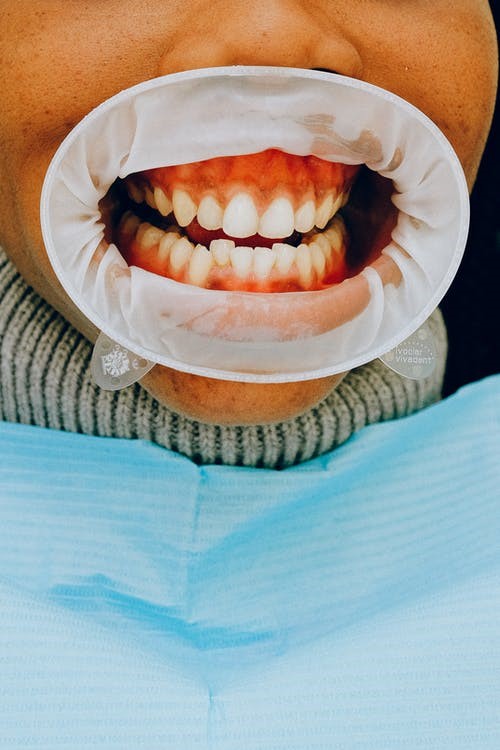Periodontal disease is gum disease or infection and happens to many adults in the United States. Let’s look at the symptoms of periodontal disease and how it can affect our health.
What Is Periodontal Disease?
Fundamentally, this disease occurs due to infections and inflammation in the gums that surround the teeth. It makes the gums sore and tender. People develop gingivitis initially and then it progresses to periodontitis.
What Is Gingivitis?
In the early stages, gum disease is called gingivitis. It is commonly due to poor oral health and the main warning signs for this are bad breath and bleeding gums which you can notice while brushing your teeth.
Gingivitis can be prevented by cleaning your teeth regularly by brushing them twice a day and flossing frequently. In its early stages, it can be treated easily by a professional dentist through scaling.
However, if it is left alone, it can develop into a serious condition, which is known as periodontitis.
What Is Periodontitis?
In periodontitis, the gums of the person pull away from the teeth and form pockets. Bacteria can collect in these, leading to severe infection and bone damage. This can lead to loosened teeth and will be extracted by a dentist to avoid the spread of the infection.
How Does It Happen?
There are certain factors that can increase the risk of this disease.
1. Smokers
Smokers inhale various toxins, which causes the bacteria to cling to the teeth. This leads to infections and loosening of the gums. In worst cases, it can also lead to cancer.
2. Diabetics
Diabetic people have a significant risk of periodontitis as the blood sugar level is higher and increases glucose levels in your mouth fluids. This promotes the growth of bacteria leading to toothaches and infections.
3. Genetics
Periodontitis can also be associated with heredity and your genetic makeup plays a big part in inducing this disease. If your father or grandfather suffered from this disease, it is recommended to take great care of your oral hygiene. If the situation worsens and aggressive periodontitis occurs, the patient tends to lose the bone around certain teeth.
4. A Weak Immune System
A weak immune system will not be able to fight and get rid of the bacteria leading to an increase in infections.
5. Hormonal Changes
Fluctuations in hormones experienced mostly by women during menopause, menstruation and pregnancy can lead to this disease. In addition to that, puberty can also trigger this disease if proper oral hygiene is not taken care of.
You can get your gums treated and teeth whitened by a dentist by contacting us for your dental treatments. We can accommodate your dental emergencies and same-day appointments as well in West Hills.





